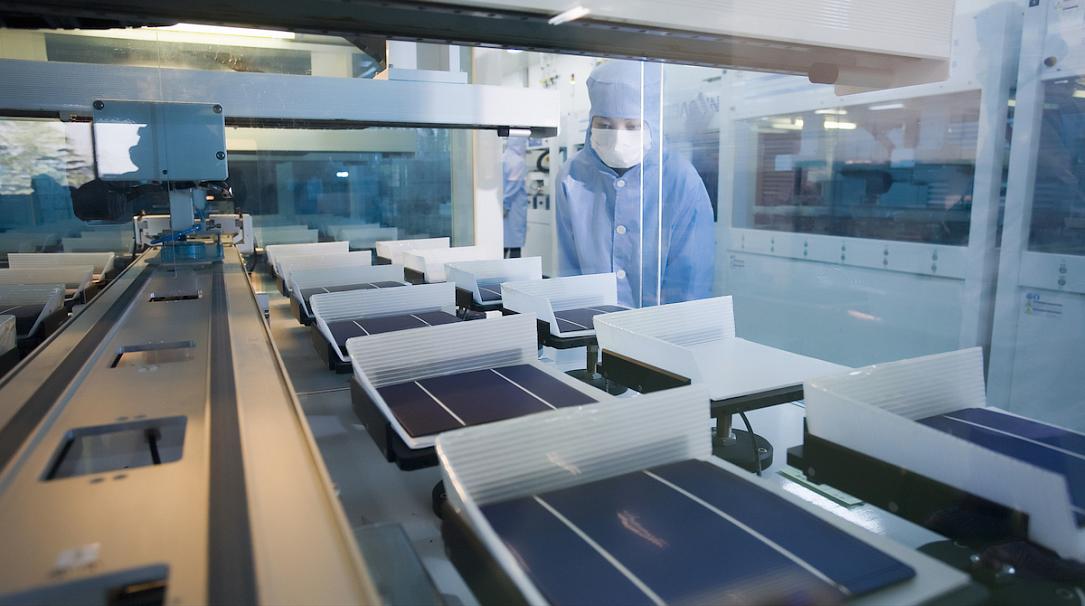Romania last in innovation in Europe, according to new ranking

Romania ranks last in innovation in Europe, according to a ranking released on Monday by the European Commission. However, the Union’s performance in innovation has improved over the same period.
Denmark, Sweden, and Finland are at the top of the EU, while Romania, Bulgaria, and Slovakia are the lowest-ranked. However, Bulgaria and Romania have slightly increased their performance since the last report.
According to the 2024 European Innovation Scoreboard (EIS), national innovation performance increased for 15 member states between 2023 and 2024, while it decreased for another group of 11.
The EU faces challenges compared to its main global competitors in areas such as intellectual assets, collaboration among innovative SMEs, and business sector R&D expenditures. A broader analysis, which includes other European countries and certain global competitors, shows a changing international landscape.
Switzerland is the most innovative European country, and South Korea remains the most innovative global competitor in 2024, while China has surpassed Japan and is gradually closing the gap with the EU.
Countries that are leaders in innovation have particularly attractive research systems and are strong in digitalization. Although performance gaps between strong innovators and moderate innovators from 2017 to 2024 have slightly narrowed, they have become more pronounced among innovation leaders and emerging innovators. Romania is in the latter group.
There are also persistent geographical differences in innovation performance, with innovation leaders and the strongest innovators mainly located in Northern and Western Europe, while many moderate and emerging innovators are in Southern and Eastern Europe. Croatia, Poland, Slovakia, Latvia, Bulgaria, and Romania are Emerging Innovators with performance well below the EU average (below 70% of the EU average).
The European Innovation Scoreboard (EIS) is an annual publication of the European Commission that provides a comparative assessment of the innovation performance of EU member states, neighboring European countries, and selected global competitors. The EIS is based on 32 indicators covering the economy, business and entrepreneurship, innovation profiles, governance and policy framework, climate change, and demographics.
(Photo source: Lukeqiang | Dreamstime.com)











